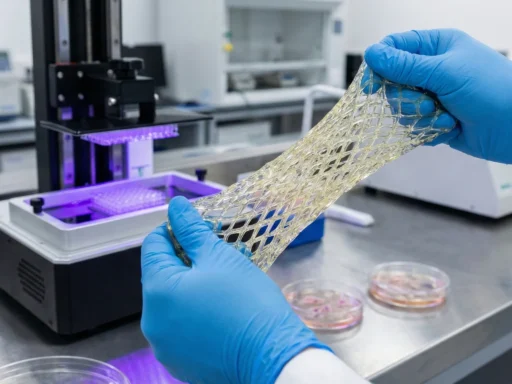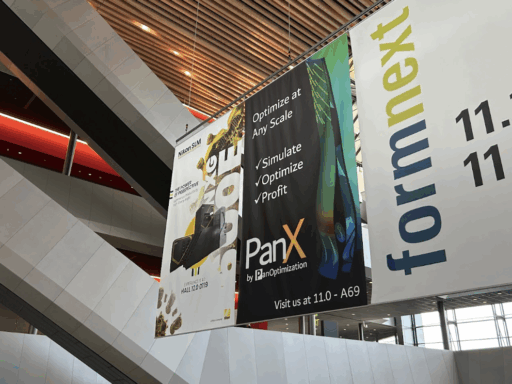Scientists at the University of California, Irvine, collaborated with Japan’s Okayama and Toho universities, discovering how marine mollusks called chitons produce some of the hardest and most wear-resistant teeth in nature. Their teeth are harder even than stainless steel or advanced ceramics, which inspired using the research findings in developing advanced manufacturing materials. The concept was published in Science, potentially shaping the future of sustainable materials manufacturing, with applications in 3D printing, batteries, and semiconductors.
“Chiton teeth are not only harder and stiffer than human tooth enamel, but also harder than high-carbon steels, stainless steel, and even zirconium oxide and aluminum oxide,” said UC Irvine professor of materials science and engineering David Kisailus. “Chiton grow new teeth every few days, yet they are made at room temperature and with nanoscale precision. We can learn a lot from these biological designs and processes.”
The study revealed that specialized iron-binding proteins, RTMP1, are delivered into developing teeth via nanoscopic tubules known as microvilli. Once inside, the proteins bind with chitin nanofiber scaffolds and interact with iron stored in ferritin, producing highly aligned magnetite nanorods. This molecular choreography results in teeth that can grind through rock and survive constant abrasive wear.
Kisailus envisions the broader implications: “The fact that these organisms form new sets of teeth every few days presents us with new opportunities toward the spatially and temporally controlled synthesis of other materials, including new approaches toward additive manufacturing that are far more environmentally friendly and sustainable.”
Combining electron microscopy, X-ray analysis, spectroscopy, and molecular biology techniques, the project traces this process step by step. Kisailus called it “a wonderful, global effort” able to shed light not only on mollusk biology but also on designing the next generation of high-performance, greener materials.






